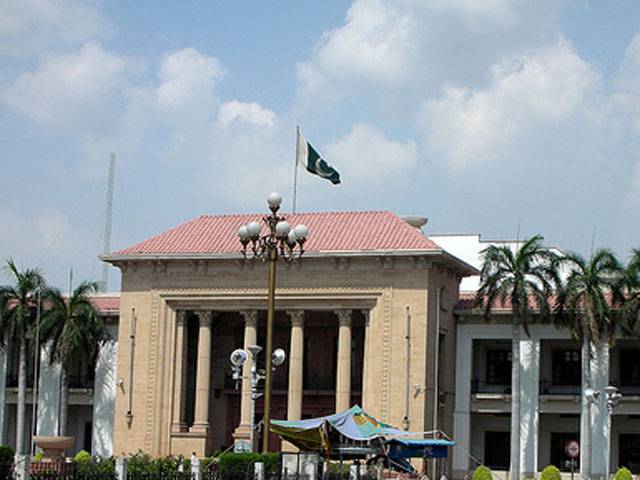LAHORE - Local bodies’ elections are around the corner but the government has yet to finalise the transition exercise for changes in district level system as per the newly passed Punjab Local Government Act 2015.
Official sources say more powers to the province instead of district governments are being proposed. If this happens, the concept of devolution of powers would stand nowhere.
The transition committee chaired by the Additional Chief Secretary (ACS) Mobashir Raza and a sub-committee met many a times but the arrangements could not be finalised, sources told The Nation. “Certain administrative and legal issues are hindering the committee to further proceed. The committee is working to make the recommendations in consonance with the newly adopted law,” the sources said.
District education and health authorities are being established with least role of the district governments, according to the sources. That means powers enjoyed by the DCOs would be cut to size while the DCO office would be replaced by the Deputy Commissioner who would be a district collector with least role in law and order.
A senior officer of the Local Government requesting anonymity said that there were no local governments in place and the DCOs were solely running the administrative affairs in their respective districts. “Now, after the PLGA 2015 adopted by the Punjab Assembly with certain amendments, things will change,” the officer believed and stressed clear recommendations of the committee about power distribution between the district administration and the elected setup led by district chairman.
The committee had earlier reminded the administrative secretaries to expedite the exercise to identify the consequential amendments to be required in the respective laws in wake of repeal of PLGO 2001. It is to be recalled that under the 2001 system, the district governments were given responsibilities in agriculture, health, education, community development, information technology, finance and planning, together with revenue previously held by the provinces.
They also became financially more competent through transferred funds and local taxes. Town/taluka governments (the middle tier) were assigned most of the functions of the former municipal authorities as the main providers of essential services like water, sanitation, roads and waste disposal. The union councils (lowest/third tier) were envisaged as providing monitoring and oversight of service delivery, as well as undertaking small developmental projects.
Moreover under the 2001 ordinance, the District Coordination Officer (DCO) of the district government, equivalent to a chief executive officer, and district police officer were placed under the elected district Nazim.
The planning system was de-centralised and development funds were distributed to districts and identification, appraisal, and approval of development projects had become subject of local priorities. But after the founder of the system stepped down in 2009, the de-centralisation agenda faltered.
After the general elections of 2008, the civilian government came into power and failed to maintain local government institutions because no elections could be staged since then. Later, on the orders of the apex court, the Punjab government announced elections for the local bodies expected to be held on 31th October and introduced a new system by amending the law and PLGA 2013 was passed.
The new system is said to be the amalgam of 1979 and 2001 systems. Many of the powers earlier devolved from the province were again retrieved thus weakening the devolution plan of 2001. Health and education departments under the newly established district authorities would be entirely local subjects.
Thursday, April 18, 2024
Govt in no mood to empower districts

Smuggling ofnon-custom paid tyres thwarted
April 18, 2024
Encroachments: Commissioner suspends fiveMC officials
April 18, 2024
SECP files criminal complaint against two individuals
April 18, 2024
Rail Revival
April 17, 2024
Addressing Climate Change
April 17, 2024
Saudi Investment
April 17, 2024
Political Reconciliation
April 16, 2024
Pricing Pressures
April 16, 2024
Justice denied
April 18, 2024
AI dilemmas unveiled
April 18, 2024
Tax tangle
April 18, 2024
Workforce inequality
April 17, 2024
New partnerships
April 17, 2024
ePaper - Nawaiwaqt
Advertisement
Nawaiwaqt Group | Copyright © 2024





